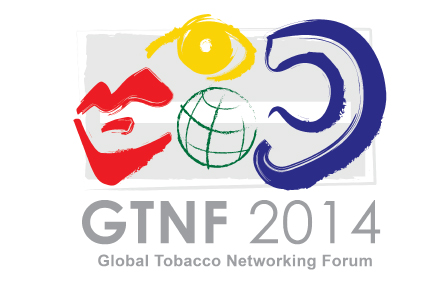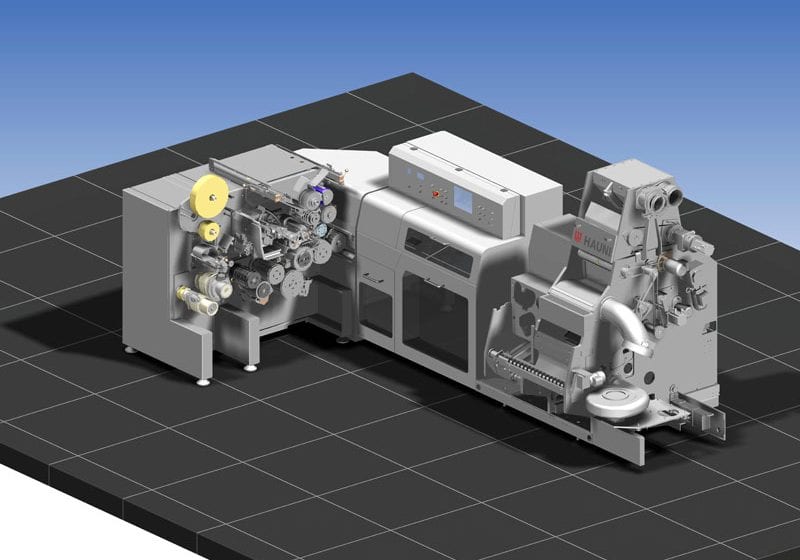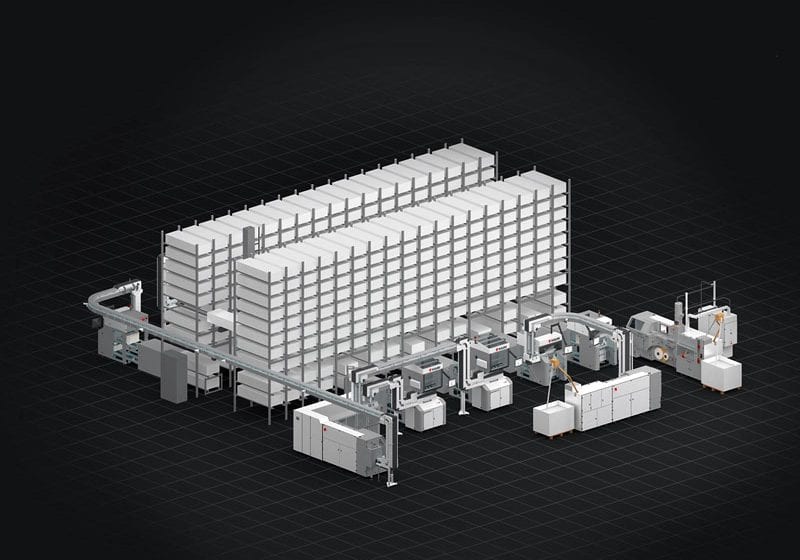 During a recent conference in Lilongwe, Malawi’s government and other stakeholders endorsed a plan to eliminate child labor in agriculture. Malawi’s child labor incidence is among the highest in southern Africa.
During a recent conference in Lilongwe, Malawi’s government and other stakeholders endorsed a plan to eliminate child labor in agriculture. Malawi’s child labor incidence is among the highest in southern Africa.
Held Sept. 4-6, the Malawi National Conference on Child Labor in Agriculture was the first of its kind in Malawi. The event was convened by the Ministry of Labor and sponsored by the Eliminating Child Labor in Tobacco Growing Foundation (ECLT Foundation) in partnership with the International Labor Organization.
Themed “Our Children, Our Future,” the event drew more than 350 government representatives, agricultural stakeholders, members of labor organizations, business, civil society and NGOs—and children.
In her opening address, Malawi’s president, Joyce Banda, called for synergy among all stakeholders to end child labor. “I will not let children continue working in these estates instead of concentrating on their studies. And to you who are employing these kids, it is my humble plea that you stop such acts to give room to these children to be future leaders,” she said.
Under the banner “Anything for us, without us, is against us,” 40 children from Malawi’s agricultural industries presented recommendations for ending child labor.
The conference resulted in sector-by-sector agreement to actions to be implemented by 2016 and the Malawi government’s charge to conduct a National Child Labor Survey to map child labor and the effectiveness of programs in place to stop it.
More information about the initiative is available at http://www.malawichildlabourconference.com.







